
Most people go about their routines without giving much thought to the minor choices they make. That’s when the surprise comes: certain actions that feel ordinary can actually be against the law. These are not dramatic crimes, but rather enough to put a dent in your wallet. Local rules vary, and even the smallest misstep can result in fines. Here you’ll find everyday behaviors that carry unexpected consequences many people never realize exist.
Jaywalking Across Busy Streets
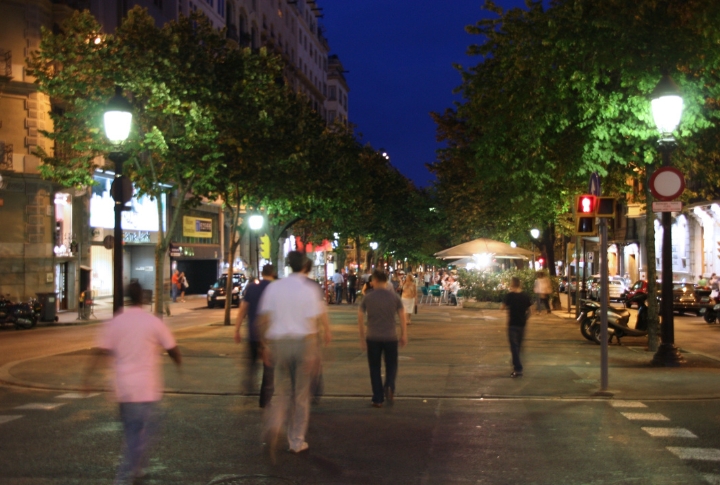
You may think crossing outside a crosswalk saves time, but jaywalking can quickly cost you. Many U.S. cities treat it as a ticketable offense, and some run strict enforcement campaigns. Depending on where you live, the fine may not feel small.
Texting While Driving
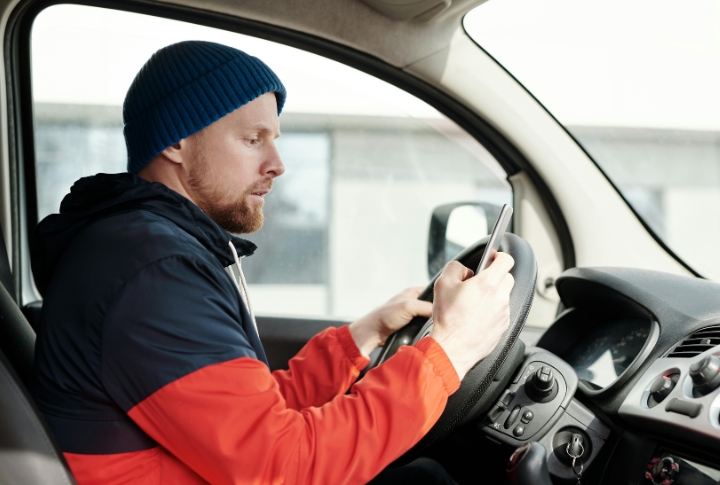
Glancing at your phone while driving may seem harmless, yet most states classify it as illegal distracted driving. Laws are tightening, and hefty fines serve as a strong deterrent. Some insurers even track phone use while driving. If you avoid texting, you’ll reduce crash risks and save money.
Tossing Trash In Public Spaces
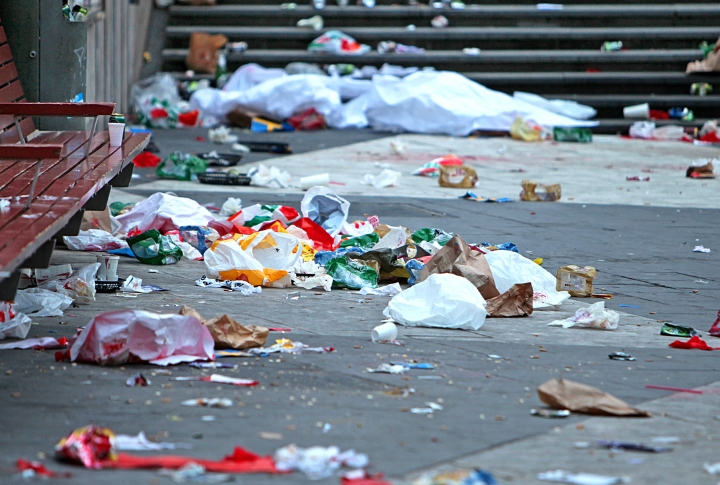
Public spaces are under stricter watch than many realize. Authorities use hidden cameras to catch individuals who drop trash, and penalties are rarely lenient. Littering laws also exist to protect both health and the environment, which leaves offenders facing heavy fines or enforced cleanup duties.
Playing Music Too Loud At Night

Local governments treat nighttime noise complaints seriously. Officers armed with decibel meters measure volume when residents report disturbances. What may start as a neighbor’s frustration quickly becomes official action. And for offenders, the progression is predictable: first fines, then mounting penalties, and potentially a jail sentence.
Not Picking Up After Your Dog
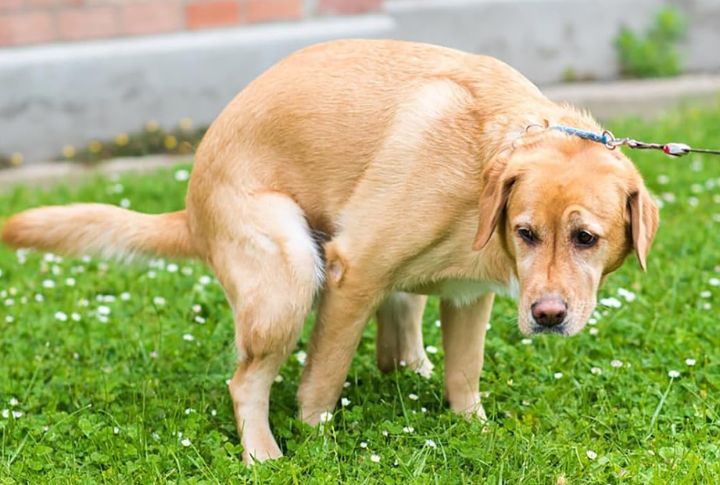
If you skip cleanup after walking your dog, you’re breaking the law, not just a social norm. Cities issue fines ranging from modest to substantial, and DNA testing now makes it easier to identify offenders. A simple bag can save you from penalties and unwanted trouble.
Riding A Bike On The Sidewalk
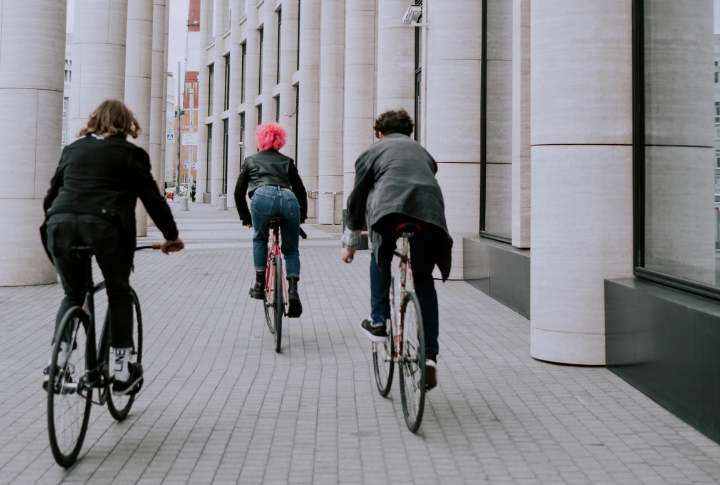
Although sharing space with pedestrians may feel easier on a bike, many cities prohibit sidewalk riding in business districts. The usual penalty is a fine, not bike impoundment, though exceptions often exist for children. With more bike lanes available, avoiding sidewalks keeps everyone safer and prevents tickets.
Feeding Wildlife In Public Parks
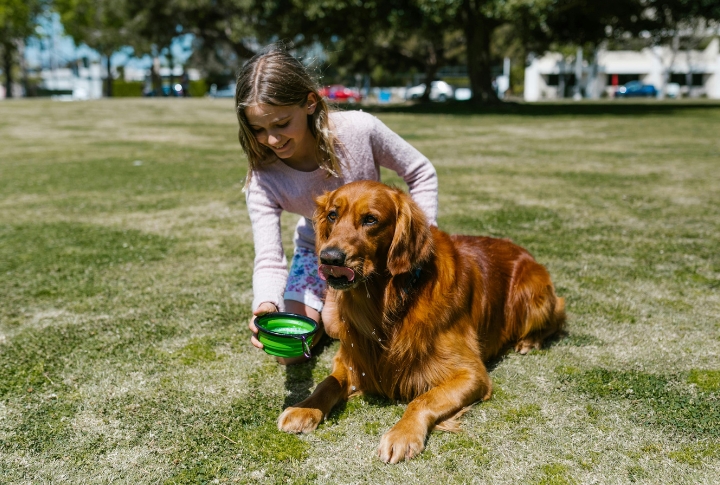
That handful of bread or nuts might seem harmless, yet feeding wildlife disrupts ecosystems and encourages pest problems. Signs posted in many parks reflect local laws, and fines are increasingly enforced. When animals grow dependent on handouts, their natural survival skills decline, which also creates long-term consequences.
Smoking In Restricted Areas
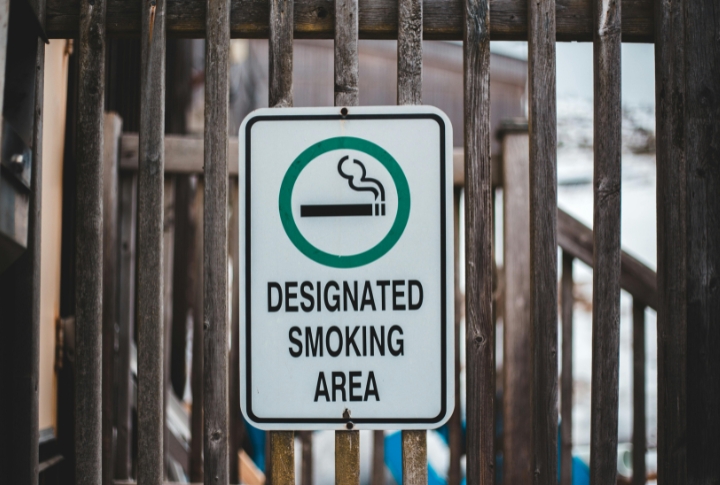
Lighting a cigarette in the wrong place now comes with real consequences. Many cities ban smoking in public spaces such as restaurants, parks, and transit stops. Violators may face fines or removal from the area. Designated zones exist in some places, but ignoring restrictions can be costly.
Forgetting To Shovel Snow From Your Sidewalk
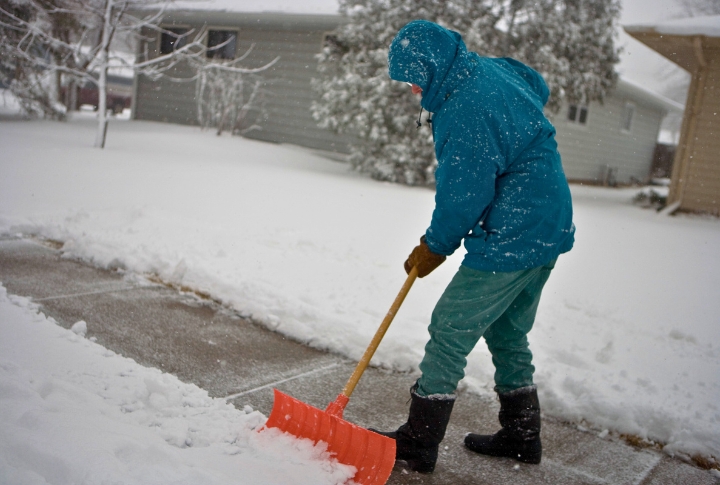
After a heavy snowfall, sidewalks don’t clear themselves. Property owners are responsible for removal, and cities issue fines if the work isn’t done. Some municipalities also provide free organic ice melt or sand, while volunteers usually help the elderly. This is because bailing to shovel leaves you liable for fees and hazards.
Riding Public Transit Without A Ticket
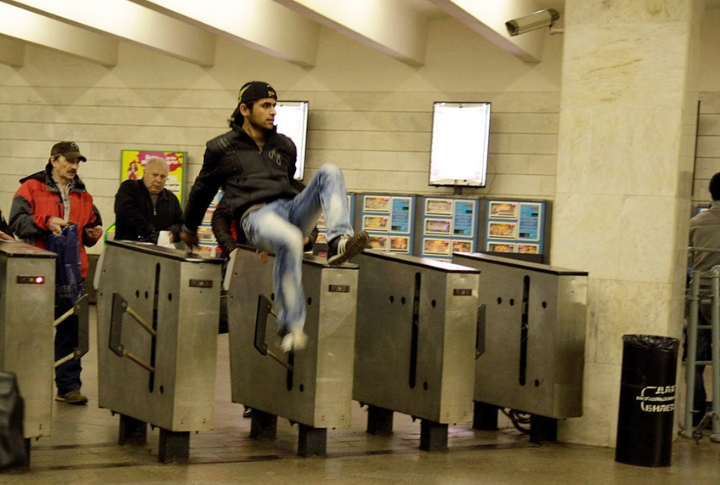
Transit officials take fare evasion seriously, with undercover officers actively catching violators. Riding public transit without a valid ticket is considered fare evasion and is illegal. Offenders face fines or removal, while repeat violations can trigger higher penalties or arrest.
Not Wearing A Seatbelt

The simple click of a seatbelt has a measurable impact. According to the National Highway Traffic Safety Administration, seatbelts reduce the risk of fatal injury for front-seat occupants by about 45%. This is why police enforce this seriously to stop drivers for noncompliance.
Parking In A Handicap Spot Without A Permit
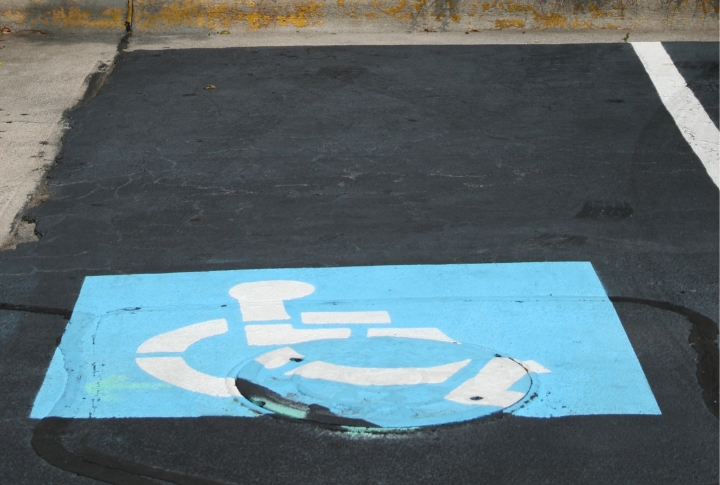
Reserved handicap spaces exist to protect accessibility for those who need them most. That’s why police and enforcement teams prioritize monitoring. Offenders face fines much steeper than regular tickets. Unless you carry a valid permit, leaving your car in one is a costly mistake.
Leaving Trash Cans Out Too Long
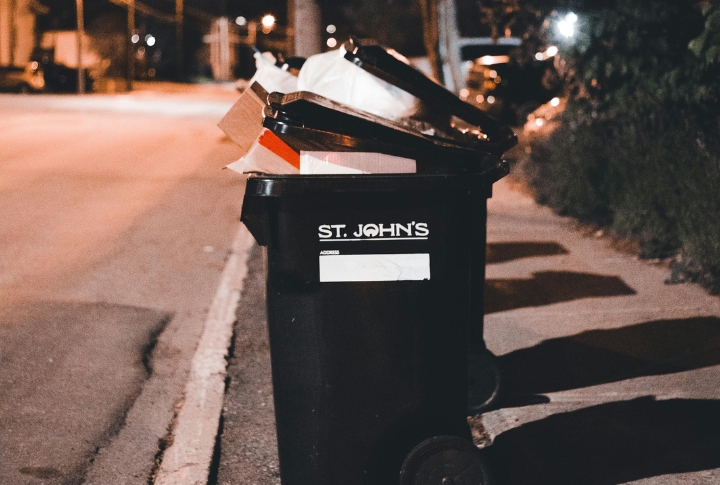
When trash bins remain outside beyond collection hours, problems multiply. They clutter sidewalks, encourage scavenging animals, and violate local codes. Authorities also issue fines for noncompliance, and in some areas, smart containers with monitoring sensors help identify violations more efficiently than traditional patrols.
Walking Your Dog Without A Leash

Responsible pet ownership includes following local leash requirements, which differ across states and cities. Though designated off-leash parks provide spaces for dogs to run freely, violations elsewhere may result in fines or impoundment. Additionally, these laws serve to prevent dog bites and safeguard wildlife.
Drinking Alcohol In Public Spaces

Public alcohol laws are among the most strictly enforced. Most cities ban open containers outright, and violators face fines or even arrest. Some festivals or parades make exceptions, but outside of those moments, drinking in public almost always leads to consequences.
Spitting On The Sidewalk
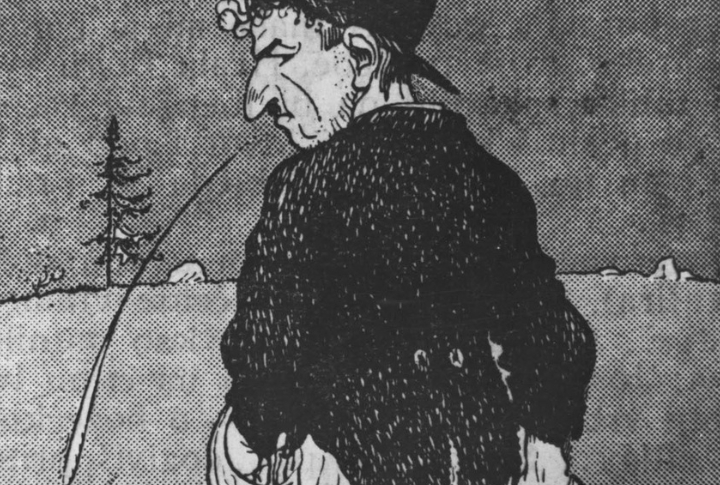
A habit that once spread disease still carries penalties today. Cities introduced anti-spitting ordinances during tuberculosis outbreaks in the early 1900s, and many of these ordinances remain in effect today. Modern health concerns continue to keep these rules in place, with fines issued for violations on public property.
Using Your Phone In A School Zone

School zones demand full attention, which is why many states prohibit phone use while driving through them. Higher fines and additional penalties apply, with California and other states even adding license points. Flashing lights and reduced speed limits reinforce the seriousness of these restrictions.
Blocking A Fire Hydrant With Your Car
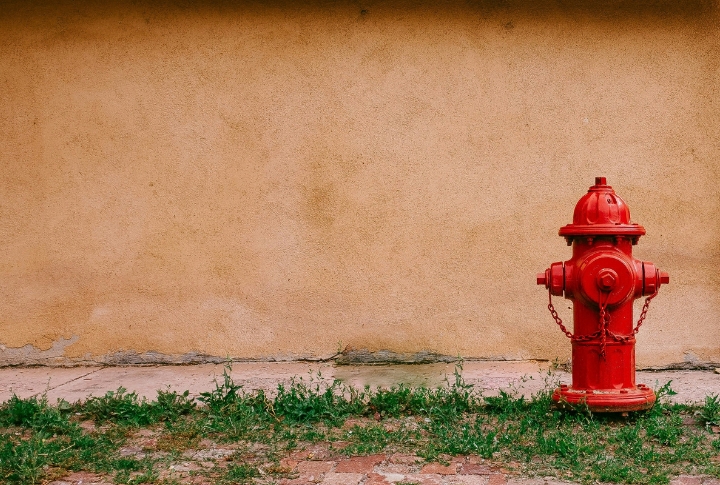
Fire hydrants are lifelines for emergency crews, which makes blocking them a costly mistake. Red curbs mark the danger zones, but drivers still risk steep fines and towing. Parking here isn’t treated like an ordinary violation; it’s an obstruction of public safety.
Not Clearing Ice Off Your Car Roof
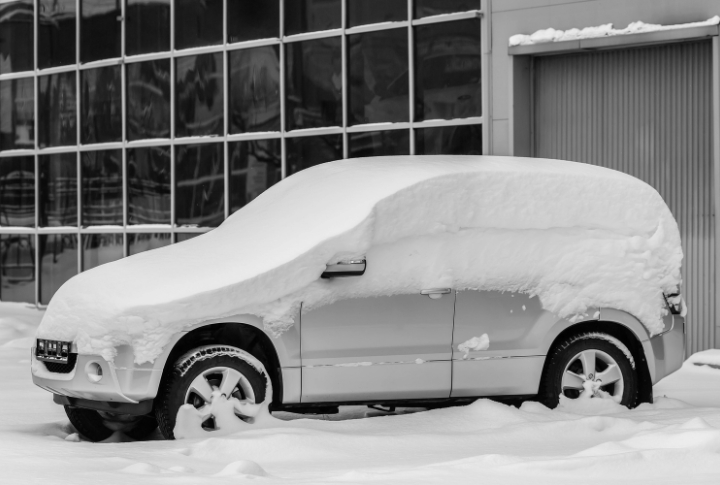
The dangers of uncleared car roofs extend beyond personal safety. Some states enforce “ice missile” legislation to prevent accidents, while others require complete snow and ice removal before driving. Failing to comply brings fines, plus potential liability for accidents caused by falling debris.
Public Urination Or Relieving Yourself Outdoors
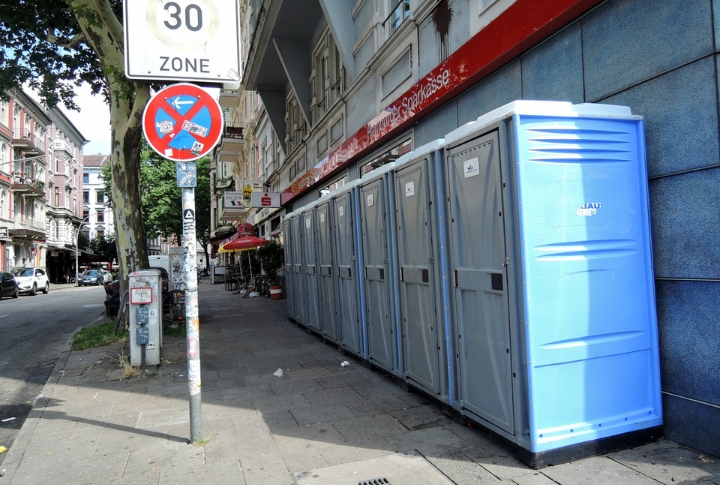
Most Americans don’t realize the serious consequences of public urination. The act violates multiple local ordinances and health codes. Fines differ between jurisdictions, yet many cities treat this as a criminal offense. Charges can escalate to disorderly conduct or indecent exposure.
